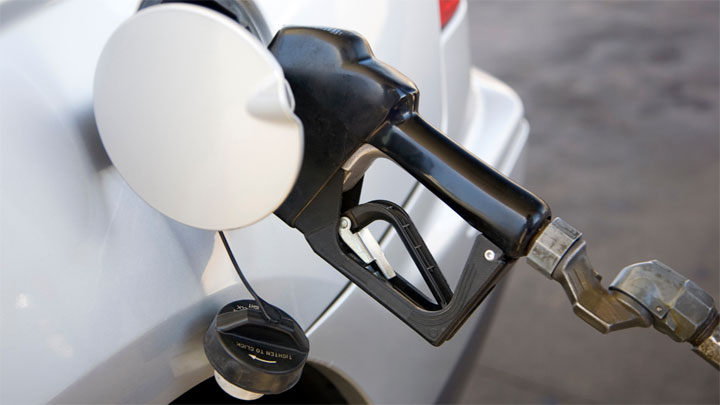Symptoms of Water Gets In Your Gas Tank
Water and gasoline don’t mix. Moisture in your tank ruins fuel quality, causes corrosion, and leads to pricey repairs. Unfortunately, condensation and station pumps allow water to infiltrate easily. Whichever way it happens, when water gets into a vehicle’s gas tank, the issue can’t be ignored. Here’s how to know it’s happened and how to fix it.
Water in Gas Tank Symptoms
The first symptom you will notice is when your vehicle doesn’t perform the same. As you put your foot on the accelerator pedal, the vehicle will hesitate before it moves faster or forward.
If you’re on the freeway, the vehicle simply won’t go as fast as you want it to. If you’re looking to pass another vehicle, your car won’t accelerate like you need it to. The car may even sputter and then randomly move at faster speeds than you want it to.
If these symptoms just occur out of nowhere, then your gas tank may have water in it. The hesitation and sputters are due to the injectors having water slugs go into them. Since water obviously doesn’t burn the same way gasoline does, the piston is not pushing anything upward after the combustion chamber is sprayed with water and causes steam to form.
Therefore, when water is sprayed into the chamber, the injector is probably getting a water slug into it. This is what causes the sudden jolt of higher speed.
Causes of Water in Gas
Sometimes you may have contaminated gas if the suppliers of the gas didn’t mix the fuel additives properly. This will make the additives ineffective at keeping out deposits. Then, the fueling system will have varnish in it. Alternatively, you may end up contaminating your gas if you don’t have a working gas cap and then it rains outside.
Sometimes your gas station may be at fault if its water filter/separator was bad before supplying you with the gas. If not that, then their fueling tanks could have dirt, water, or corrosion contamination or perhaps your own car’s fuel tank does. Filtration systems are not 100% accurate, despite all the filters it has. As a result, residue and contaminants end up in your vehicle and cause damage to it.
In addition, some gas stations are a bit unethical when it comes to their fuel. While they may say their gasoline has a certain octane rating, in reality its rating may be a couple points lower due to them trying to make as much money as possible.
Can Too Much Water in the Tank Damage Your Car?
If too much water is left in your gas tank, it can cause serious damage to the car’s engine. Gasoline is a combustible liquid, whereas water is not. If too much water is present in the fuel tank, it will prevent the gasoline from reaching the engine, resulting in the car stalling or not functioning at all.
In addition to not allowing the gasoline to reach the engine, enough water in the gas tank can also cause corrosion in the fuel line, fuel gauge sender, and other components. This can lead to further damage, such as clogged fuel filters, which can be expensive to repair.
In reality, it is quite common for a small amount of water to be found in the tank. This is due to the fact that all forms of petroleum, including fuel, contain some water in their composition – usually up to 0.5% by volume in the case of E-10 (10% ethanol; 90% gasoline) fuels. Generally, when the water level is at this level, no problems should arise nor will any symptoms be present.
The real issue begins when a large amount of free water is mixed in with the fuel in the tank. Most experts agree that having up to one full cup of water should not be too problematic, as this can be treated with fuel additives. However, any more than that will likely result in serious car troubles.
Does Water Float on Gas?
No, water does not float on gas. In fact, when water and gas mix, they don’t really get along. Water is denser than gasoline, which means it’s heavier and will sink to the bottom of the container if mixed together.
This is why it can be a serious problem for cars if water gets in their gas tank. If enough water sneaks its way in there, it can cause some real damage to your engine.
How to Fix
clogged fuel filter
To fix the problem, all you can do is drain the entire gas tank so you can get rid of the contaminated fuel. After that, you then fill the gas tank with new fresh fuel. Make sure the fuel system is cleaned while you’re doing this too.
You also want to be sure to replace your fuel filter as well during this time. Not only can contaminated fuel cause particles to clog your filter, you’ll save yourself time in the future when fuel filter replacement would have been necessary anyway.
It is normal to have a little bit of water in your fuel tank. This little amount won’t cause the symptoms above to occur. But if you do notice these symptoms, then chances are you have enough water in your gas tank that you need to deal with it promptly.

